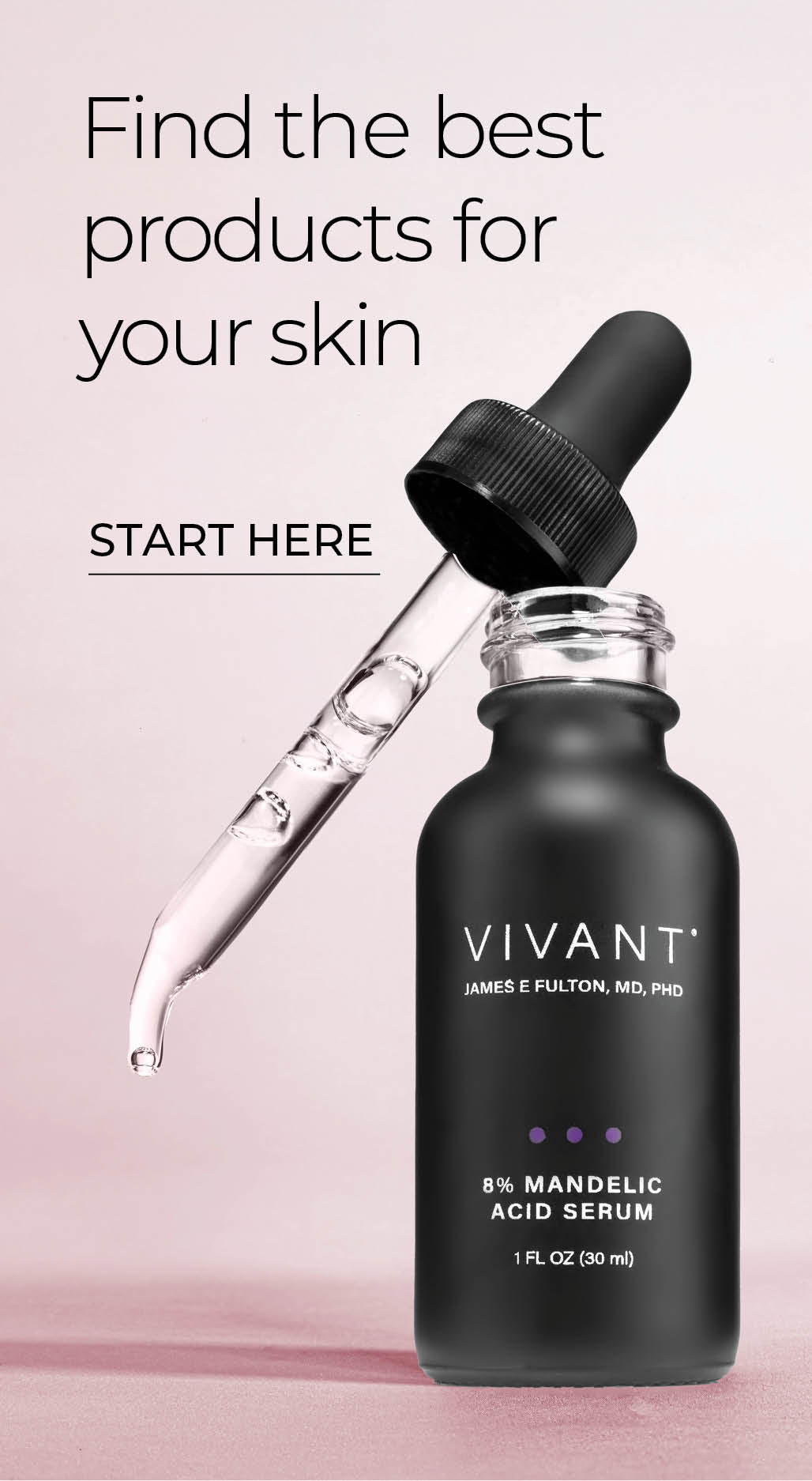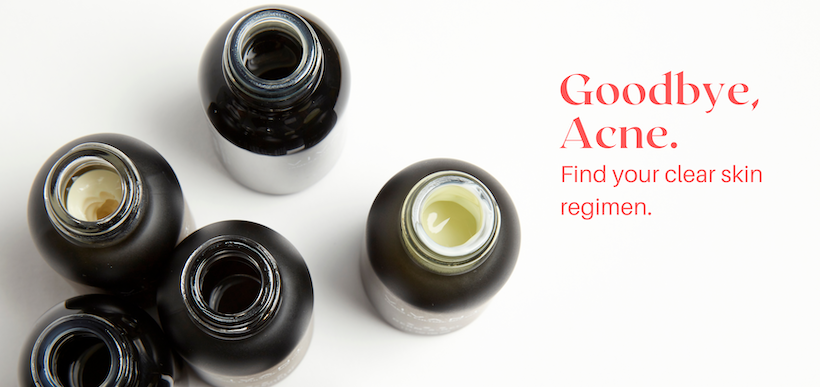How To Layer Your Products Like A Pro

In skin care application, as in building the perfect Chipotle bowl, order matters.
There’s a protocol and it must not be breached. You don’t put cheese on top of cold lettuce and salsa if you want melted gooey cheese, which is the proper state for cheese. (Note to Chipotle, your assembly line is out of order.)
Similarly, you don’t put a corrective serum on top of an occlusive moisturizer if you want that serum to penetrate and work at the cellular level where it will affect your skin.
There is really only one golden rule to remember when it comes to layering skin care products. Light to heavy.
If you go only by that one rule, you’ll be fine, but since we are here to give you comprehensive advice, we’ll expound on the reasoning behind the rule. Here’s a quick rundown how to layer your products for peak performance.
Toner is always first. That’s your prep step for everything to follow. Toner removes dead skin cells, dirt and oil while clearing the way for serums to penetrate more effectively.
Serums second. These are your workhorses. Don’t let anything get in their way.
You may be using more than one (in fact, we recommend it). So again, let viscosity be your guide (though most serums will be of similar weight and non-occlusive, so you likely can’t screw this up).
On the serum front, we recommend a multi-tasking vitamin A serum like Derm-A-Gel® Daily Vitamin A to boost cellular metabolism, target signs of aging, clear blemishes and promote an even skin tone for an overall smoother complexion and youthful glow.
For an additional anti-aging boost, throw in a peptide serum like Rejuv RX Peptide Concentrate to increase elasticity and stimulate collagen production.
And absolutely enlist a photo-protective shield like Vivant’s Pure C + E Antioxidant Serum, vitamin C & E therapy to brighten, fight free radicals, and support healthy cell function.
Seal the deal with your creams and lotions, the products with the heaviest viscosity. Because moisturizers are thicker and often occlusive, they act as a barricade to other products. That’s why they need go on after serums. These are the icing on the cake.
This last step may, scratch that, should include sunscreen in the morning. Sunscreen sits on top of you skin and will keep anything else from penetrating so your first line of defense is the product that goes on last. You can save a step by using a moisturizer with SPF like Vivant’s Day Treatment Lotion SPF 15. It’s non-greasy and works well under makeup so you can hydrate and protect from UV radiation at the same time.
Final note, let each product soak in before adding the next. We know. It’s hard to wait, but if life in the twenty-first century has taught us anything, it’s how to multi-task. Comb out your hair, brush your teeth, check your email in between each application to avoid downtime. Don’t rush the process. Gorgeous takes a minute.


Comments
Re: Omigie
Retin-A® is a prescription drug, so you should follow your doctor’s advice on its use. With OTC retinoids like those in our vitamin A therapies, you can use them anytime. However, retinoids can make the skin more sensitive to the sun. Wear sunscreen and, if you plan to be outdoors, wear a hat as well.
We also recommend using our Spin Trap Antioxidant Vitamin C & E Serum in the morning to protect from UV and environmental damage and boost cell regeneration. You can layer this over your vitamin A (retinoid) serum. (Allow the vitamin A serum to dry before applying Spin Trap.)
I use retin a at night. Can i still use retinol in the morning m